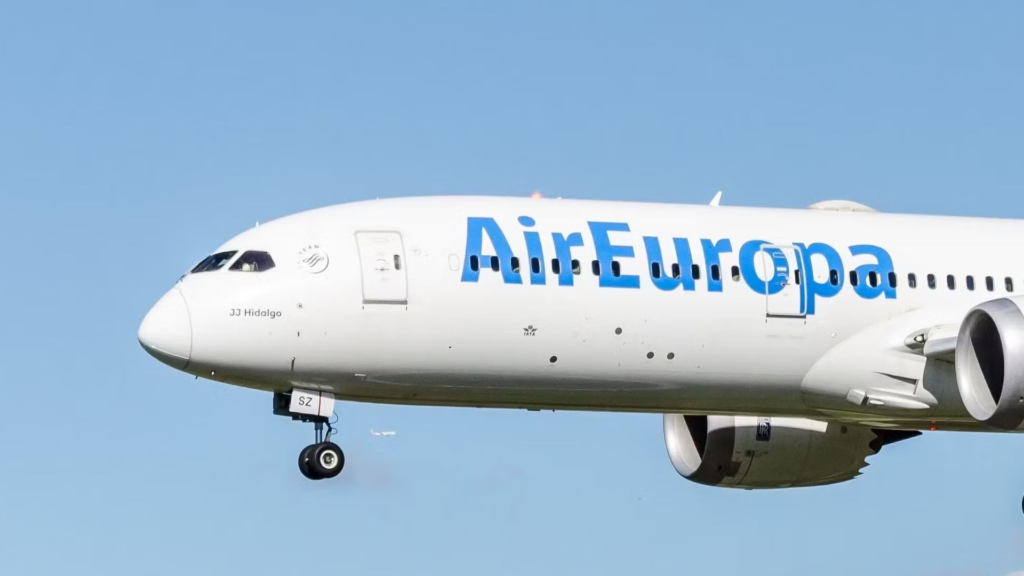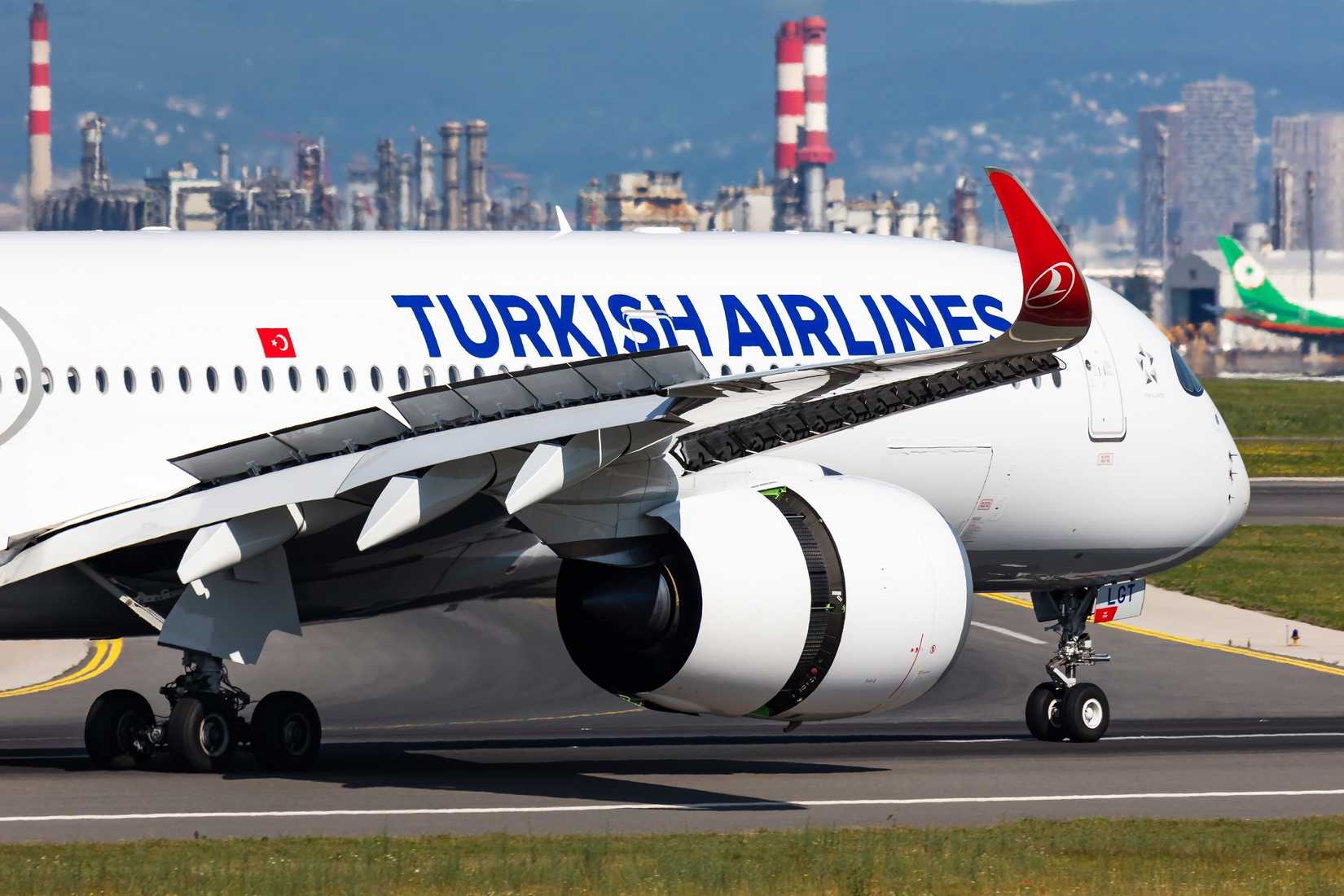Turkish Airlines recently won a minority stake in Air Europa by accepting shared control of the company with the Hidalgo family, outmaneuvering ![]() Lufthansa and Air France-KLM, both of which were seeking a path to control. This deal, which included around €300 million in convertible debt for a stake of roughly 25-27%, is relatively unusual for non-EU carriers, but aligns with overarching EU ownership rules, and gives Turkish Airlines a strategic foothold on the Iberian Peninsula.
Lufthansa and Air France-KLM, both of which were seeking a path to control. This deal, which included around €300 million in convertible debt for a stake of roughly 25-27%, is relatively unusual for non-EU carriers, but aligns with overarching EU ownership rules, and gives Turkish Airlines a strategic foothold on the Iberian Peninsula.
Rival bidders balked at complex control constraints and governance guidelines, including a 20% stake from IAG. For Turkish Airlines, this move offers extensive geopolitical and network expansion benefits and relatively limited near-term financial gains. Government backing and a strong balance sheet further lower the company’s execution risk. Analysts have been quick to note that this deal comes along with the risks associated with a minority stake, such as limited influence and strategic friction with the company.
A Deeper Look At The Deal On The Table
Turkish Airlines has elected to invest a considerable sum into Air Europe, a major Spanish international airline, primarily financing the deal through convertible bonds. This deal will translate into a roughly 25% stake in the airline, with management saying it has no current plans to increase beyond that minority position. The official package, according to Reuters, is quoted as €275 million in convertible debt and €25 million in shares.
As a result of the deal, Turkish Airlines is expected to gain at least one board seat. The deal still requires the approval of both Spanish and European regulators. In statements to the media, Turkish Airlines framed the terms of the deal as cooperation-oriented, not a path towards complete control. In a comment posted by Reuters, one industry analyst had the following words to share regarding the deal’s risks:
“(The) risks of taking minority stakes include a lack of control, and a reduced ability to influence strategy.”
What Does The Deal Mean For Turkish Airlines?
Turkish Airlines gains quite a lot from this move. For starters, the Air Europa stake is much more than just a profit acquisition opportunity, and more so a chance to expand the reach of its network. A 25% position in the company will give the Turkish flag carrier a foothold in Madrid, the principal gateway between Europe and Latin America. This will significantly expand the airline’s capabilities without breaching EU foreign ownership restrictions.
This will align the airline with Iberia and deepen the connection opportunities for passengers using Madrid as a transfer gateway. IAG will continue to play a major role in the airline’s management, with a 20% stake. All of this continues to depend on the airline’s super-connector strategy, which aims to connect passengers across multiple continents through a principal Istanbul hub.
The strategic limitations of this deal are important to keep in mind. For starters, there are relatively few strategic financial risks that emerge from this deal, with only a small amount of leverage likely to be added to the airline’s balance sheet as a result. The upside of this deal, however, could be immense.
The Bottom Line
At the end of the day, this move by Turkish Airlines falls in line with broader industry consolidation efforts that we have seen across the European aviation industry. Larger conglomerates continue to have an extensive reach across continents.
![]() British Airways, Lufthansa, Air France, KLM, and many other major European flag carriers have slowly been pushed into conglomerates, expanding influence at the cost of competition. This consolidation in the full-service market has been scrutinized by analysts for its anti-competitive implications.
British Airways, Lufthansa, Air France, KLM, and many other major European flag carriers have slowly been pushed into conglomerates, expanding influence at the cost of competition. This consolidation in the full-service market has been scrutinized by analysts for its anti-competitive implications.
However, due to the massive low-cost presence in Europe, regulators have mostly tolerated this lack of competition. We will simply have to wait and see how this move directly impacts passengers.





